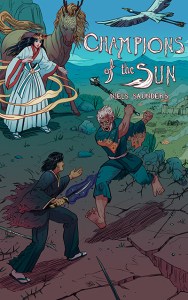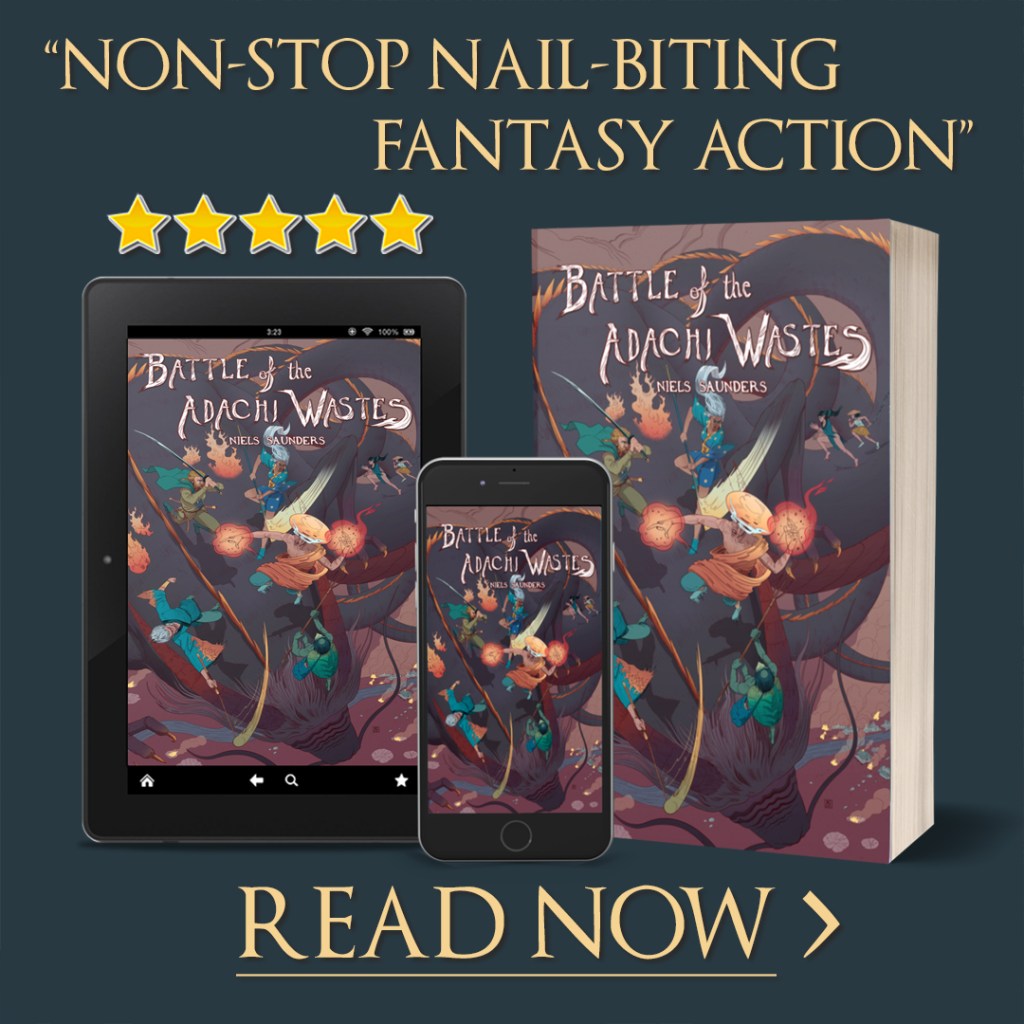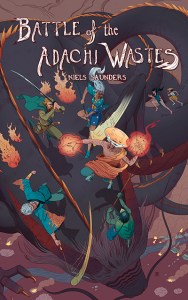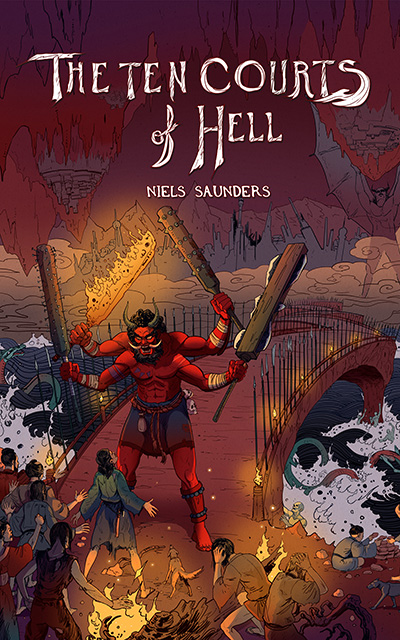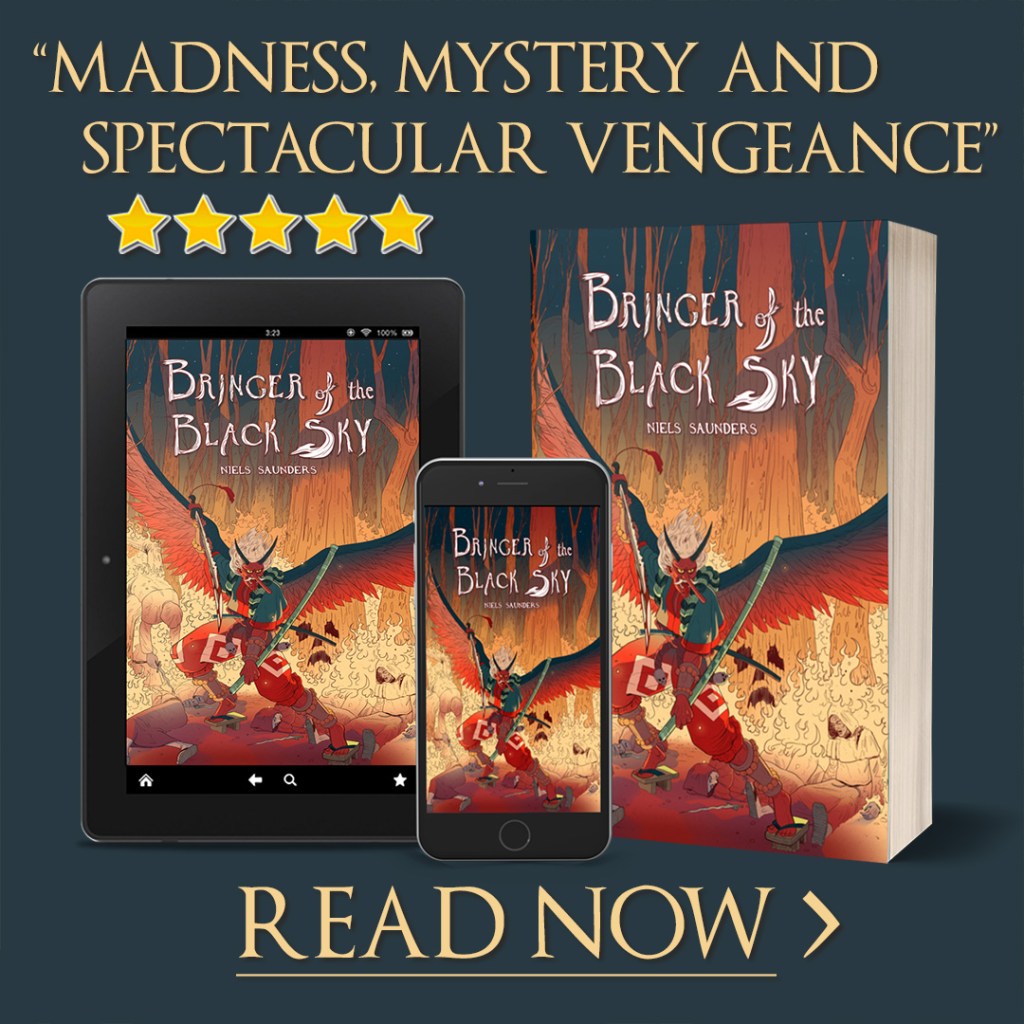
The Battle for the Goddess Looms
Champions of the Sun, the final book in The Legend of Saru, is now available on Amazon in eBook, paperback and hardcover:
Despite their victory at the Battle for the Jewel, Saru and his allies now face their greatest challenges of all. Everything has built to this stunning climax…
Here’s the blurb:
With the Mirror Yata and the Jewel Magatama now theirs, Saru and his allies need only the Sword Kusanagi to end the Century of Night. The sword, however, is wielded by the dreaded Kokusei the Dark Star. To claim it, they must achieve the impossible: lay siege to the Necropolis and defeat Empress Onishi’s forces.
But Onishi is not their only threat. Ever since the Sundering five thousand years ago, Estera has plotted his vengeance against Amaterasu. When the Regalia are used to bring back the sun, so too will she return—straight into his clutches. If the only way to save the world will also end it, what hope does Saru have?
As the series reaches its epic conclusion, the stakes have never been higher. From the Siege of the Necropolis to the Battle for the Goddess, many heroes and villains will meet their fates. Shocking twists are revealed and mysteries finally solved in this heartbreaking and action-packed climax.
Cover art by Nicolás Castell.
Don’t forget, all nine books are available on Kindle Unlimited. If you bust a move, you can binge them all with a single month’s subscription.


